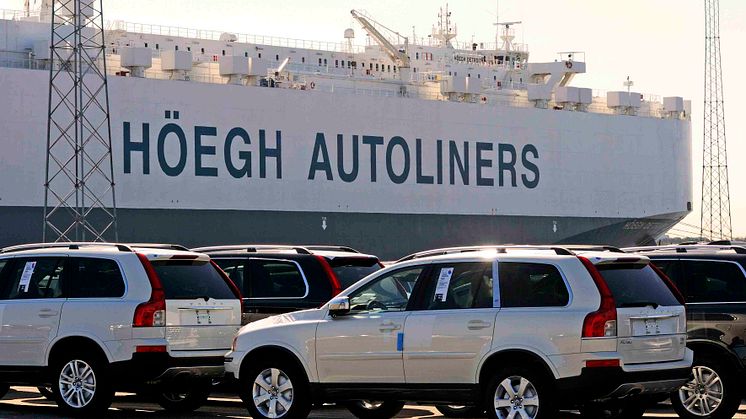30% reduced CO2 emissions in quay work for the Skandia Gateway project
Climate-smart quay construction in Skandia Gateway: 30% lower CO₂ emissions at only 1% higher cost, thanks to material requirements and innovation.

Climate-smart quay construction in Skandia Gateway: 30% lower CO₂ emissions at only 1% higher cost, thanks to material requirements and innovation.

During the second quarter of 2022 the service ship Northern Skagerrak will be converted to hybrid operation. It will run mostly using electric power although there will also be an auxiliary engine that runs on the renewable fuel HVO.
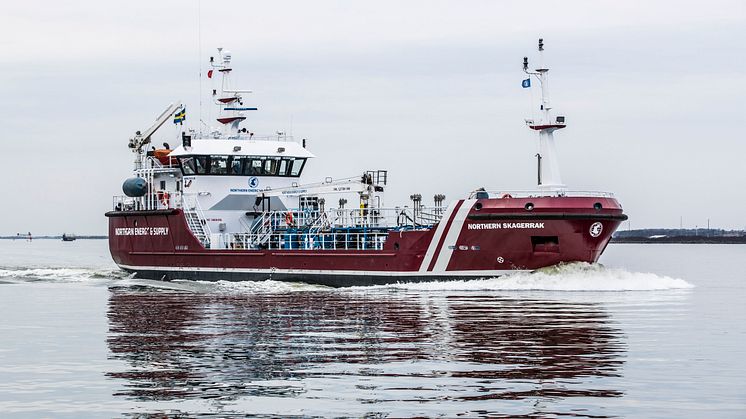
In 2015, the Port of Gothenburg introduced an environmental discount on the port tariff in an effort to increase the number of calls by ships running on liquefied natural gas (LNG). The Gothenburg Port Authority is now set to extend the discount period and is already outlining a renewed environmental discount.
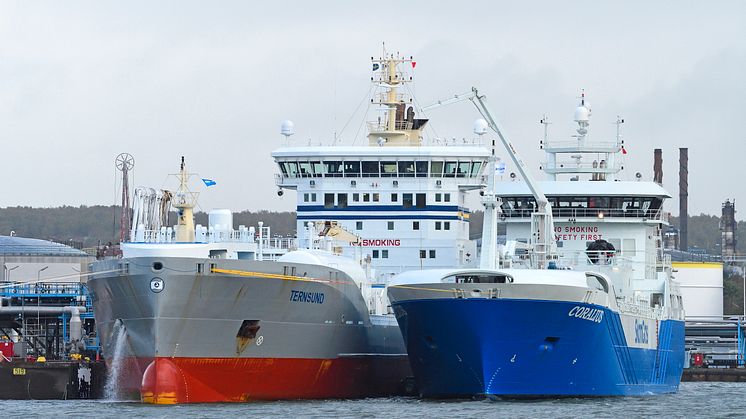
The Port of Gothenburg has embarked on a major project that will involve replanting 1.7 hectares of vital eelgrass meadows that will disappear with the building of a new terminal as part of the Port’s expansion programme.
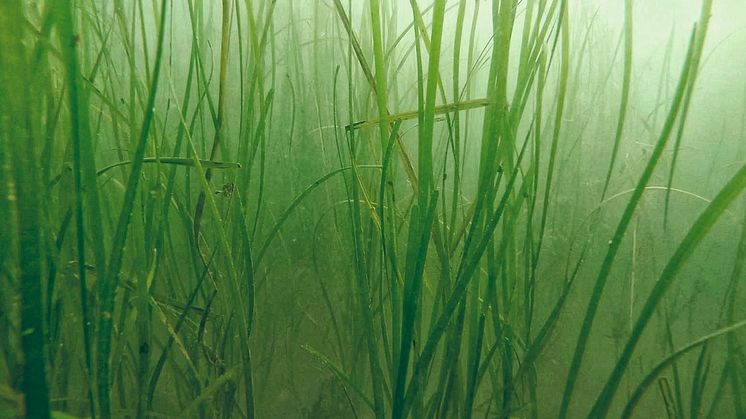
Last year, one in three ships at the Port of Gothenburg received an environmental discount on the port charges. This represents an increase of 83 per cent on the previous year. Heading the discount list are Donsö-based shipping companies Tärntank Ship Management AB and Furetank AB, whose vessels are powered by liquefied natural gas.
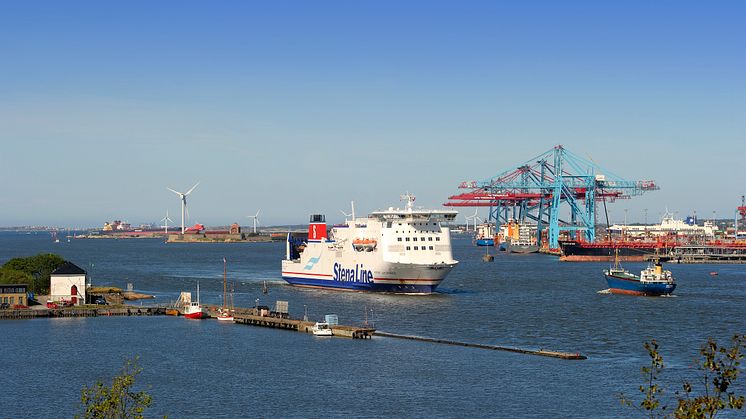
A new robot will be introduced at the Port of Gothenburg today. Its task will be to deploy booms in the event of an oil spill. This new technology will result in more rapid and safer oil spill clearance at the Port of Gothenburg.
Measurements at the Port of Gothenburg show that sulphur emissions from ships have fallen by 80 per cent since stricter rules came into force at the turn of the year.
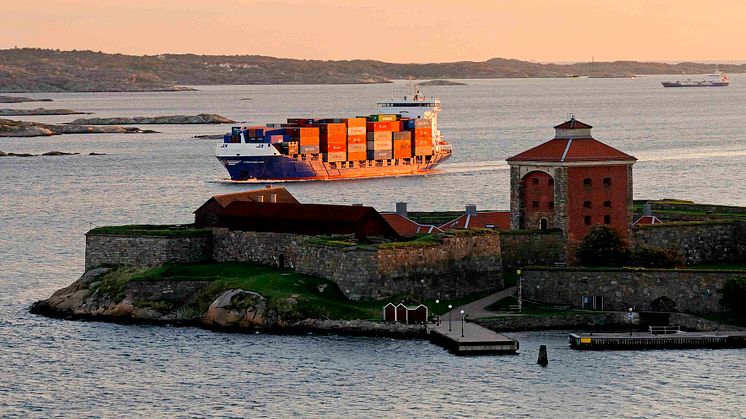
The Port of Gothenburg has paid out SEK 2 million this year to the shipping companies that are participating in the port's Improved Fuel Quality programme. Last year, the programme contributed to reducing sulphur emissions by 100 tonnes, and the positive trend continues. The first six months of 2013 the programme meant that 60 tonnes less sulphur dioxide were emitted in Gothenburg.
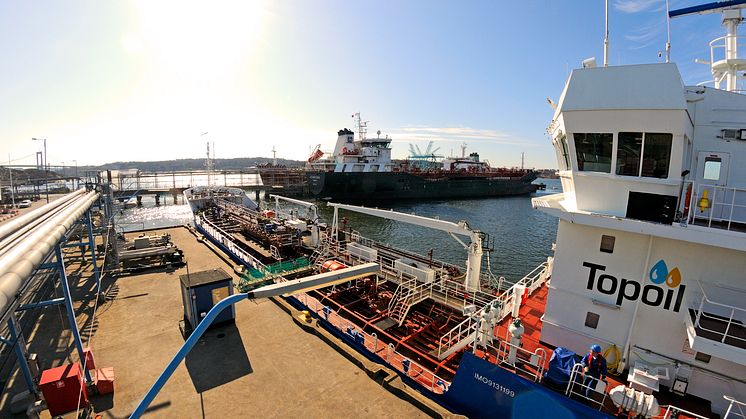
There is considerable interest in liquefied natural gas, LNG, in shipping and Swedish industry. This is revealed in a market screening conducted by Swedegas. New, stricter environmental stipulations for maritime fuel in Swedish waters from 2015, coupled with the need in industry to switch from oil, are the main reasons for changing to liquefied natural gas, LNG.
An increasing number of shipping lines are joining the Port of Gothenburg campaign for improved fuel quality. The latest member is Höegh Autoliners, which has registered seven vessels for participation in the campaign. The campaign will continue throughout the whole of 2013.
